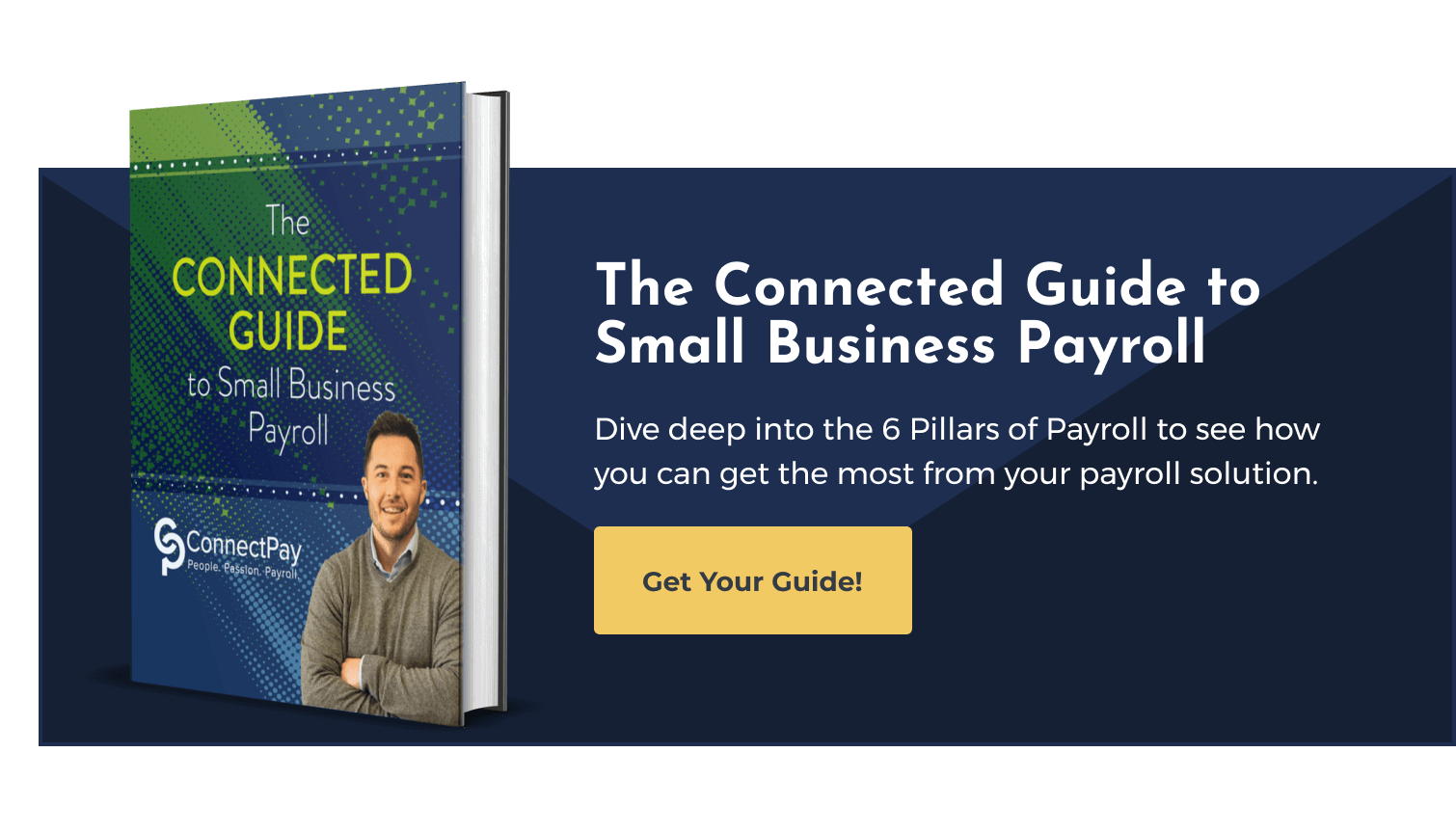Enrolled Agent vs. CPA: Understanding the Key Differences for Your Tax Needs

Doing your own taxes can feel a lot like trying to cook a complicated recipe without the instructions – you might end up with something edible, but there's a good chance you'll burn it, ruin it, or end up with a weird, lumpy mess.
If you’re worried you might make a mistake on your taxes, you’ll probably want to hire a tax professional. Getting your taxes wrong, especially as a small business owner, can lead to fines and penalties you might not recover from.
This article will explain the differences between an enrolled agent (EA) and a CPA, helping you make the right choice for your business.
For Your Tax Needs: Enrolled Agent vs. CPA
While both EAs and CPAs are qualified to provide tax services, there are differences between the two. EAs tend to specialize in taxation. The IRS licenses them to represent taxpayers before the IRS.
CPAs generally have a broader education in accounting and finance. Their state board of accountancy licenses them to provide a range of accounting and financial services, including tax services.
Related: How CPAs Can Help Clients Avoid Common Payroll Accounting Challenges
Understanding these differences is crucial for your small business because choosing the wrong tax professional can have serious consequences.
When you have a complex tax situation that requires expertise beyond taxation, choosing an EA may result in missed opportunities or inaccurate financial reporting. Conversely, if you have a simple tax situation and hire a CPA, you may pay for services you don't need.
Let’s dig into the differences between EAs and CPAs, from education to the scope of services.
What is an EA (Enrolled Agent)?
An enrolled agent represents taxpayers before the IRS. They’re specifically licensed to prepare tax returns, provide taxpayers, and represent taxpayers in collections, audits, and appeals.
EAs can’t perform audits, but they’re highly qualified to handle tax-related issues and are a popular choice among small business owners and self-employed individuals. However, EAs don’t have the same expertise as CPAs.
A CPA might be a better choice if you have a more complex tax situation, like a partnership or corporation with multiple shareholders.
What is a CPA?
A certified public accountant is a licensed accounting professional who meets the education, experience, and examination requirements set by the state's Board of Accountancy. CPAs are qualified to offer a range of accounting, tax, and business services to individuals, businesses, and organizations.
Although they can provide financial advice, CPAs can’t offer legal services or represent you in court.
What are the Key Differences
Understanding these differences can help small business owners or self-employed individuals choose the right professionals for their tax needs.
Education and Certification
Enrolled agents must pass the Special Enrollment Examination (SEE), a comprehensive three-part exam the IRS administers. The exam covers federal tax laws and procedures. Additionally, candidates must demonstrate their knowledge of individual and business tax returns, including specialized returns.
EAs do not need a college degree, but many come from an accounting or finance background.
CPAs usually have a bachelor’s degree in accounting or a related field, complete a specified number of accounting and business courses, and pass the Uniform CPA Exam. There are four sections of the Uniform CPA Exam, including auditing and attestation, financial accounting and reporting, regulation, and business environment and concepts.
CPA candidates must also meet various state education and experience requirements, typically 150 hours of education and one to two years of supervised experience.
EAs must complete 72 hours of continuing education every three years, with at least 16 hours each year. In contrast, CPAs must complete a certain amount of continuing education each year, depending on their state.
Scope of Services
Both provide tax services, but there are differences in scope.
Enrolled agents
- Prepare and file federal and state tax returns, ensure compliance with tax laws and regulations, and identify potential deductions.
- Provide tax planning advice – guidance on how to maximize tax liability and deductions.
- Can assist with tax debt, audits, and appeals.
CPAs
- Accounting services such as bookkeeping, financial statement preparation, and payroll management.
- Tax services
- Auditing and assurance services
- Financial planning – analyzing cash flow and developing a plan that aligns with growth goals.
- Business advisory services include business valuation, risk assessment, and strategic planning.
An EA is a good fit if you just need help with tax preparation and planning. They’re typically adept at dealing with the IRS. If you need help with financial planning and management, a CPA might be a better choice.
Related: How CPAs Can Help Clients with Payroll Compliance in 2023
Cost
Hiring an EA might be the more affordable option because their services are more limited. For instance, an EA may be more cost-effective if a small business owner only needs tax preparation and planning assistance.
In contrast, a CPA may better fit a business owner who needs more comprehensive financial planning and management services. But these services come at a premium. Naturally, you should consider the qualifications and experience of any accounting professional you work with.
Choosing the Right Tax Professional
With the information you now have, you can choose a tax professional for your business. Before you do, here’s a checklist of the question you should ask yourself.
|
What is my budget for tax services? |
Determine how much you can afford to spend on tax services. |
|
How complex is my tax situation? |
A simple tax situation, like a sole proprietorship with few deductions, might only need an EA. You might need a CPA if you have a partnership or corporation with multiple shareholders. |
|
What specific tax needs do I have? |
Think about the kind of tax services you need, like tax preparation, tax planning, or IRS representation. Find a professional whose services match yours. |
|
What are the tax professional's experience and qualifications? |
Make sure your tax professional has the experience and qualifications you need. For example, if you need help with IRS audits, look for a professional with expertise in this area. |
|
What is the tax professional's reputation like? |
Do your research, including reading reviews and asking people you trust for referrals. |
|
How responsive are they? |
Make sure your tax professional is responsive to your questions. They should be available and willing to communicate with you. |
Enrolled Agent vs. CPA: What’s Best For Your Business?
Now you know the differences between an EA and a CPA, you can decide which is best for your business. Be sure to use the checklist above and make an informed decision.
At ConnectPay, we work with CPAs to give small businesses the help they need. We refer small business owners to a trusted CPA within our connected network model, and CPAs can get to work on their taxes!
How do we help? Aside from connecting you with a CPA, we will provide you and your CPA with timely and accurate answers to payroll questions. You’ll be assigned the same client success manager and never reach a voicemail within business hours.
To learn more about how we manage and simplify payroll for small businesses, check out The Connected Guide to Small Business Payroll.







